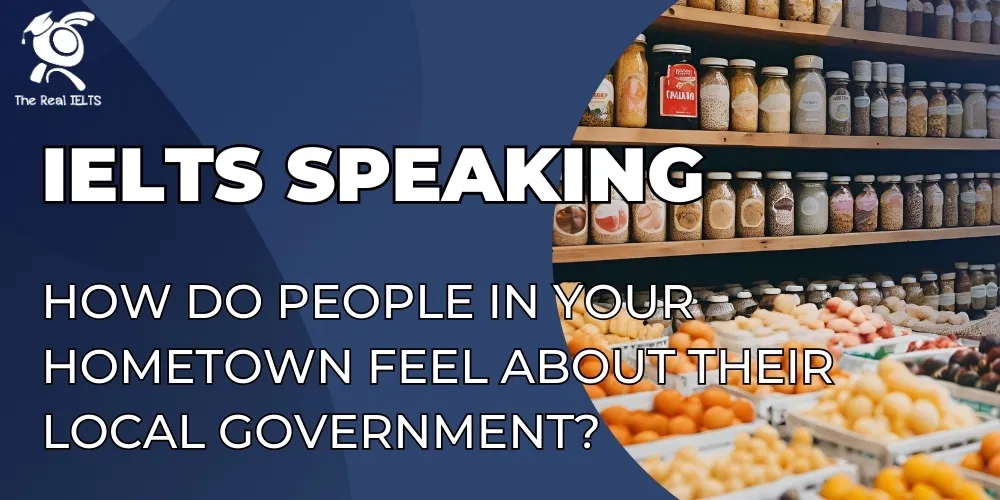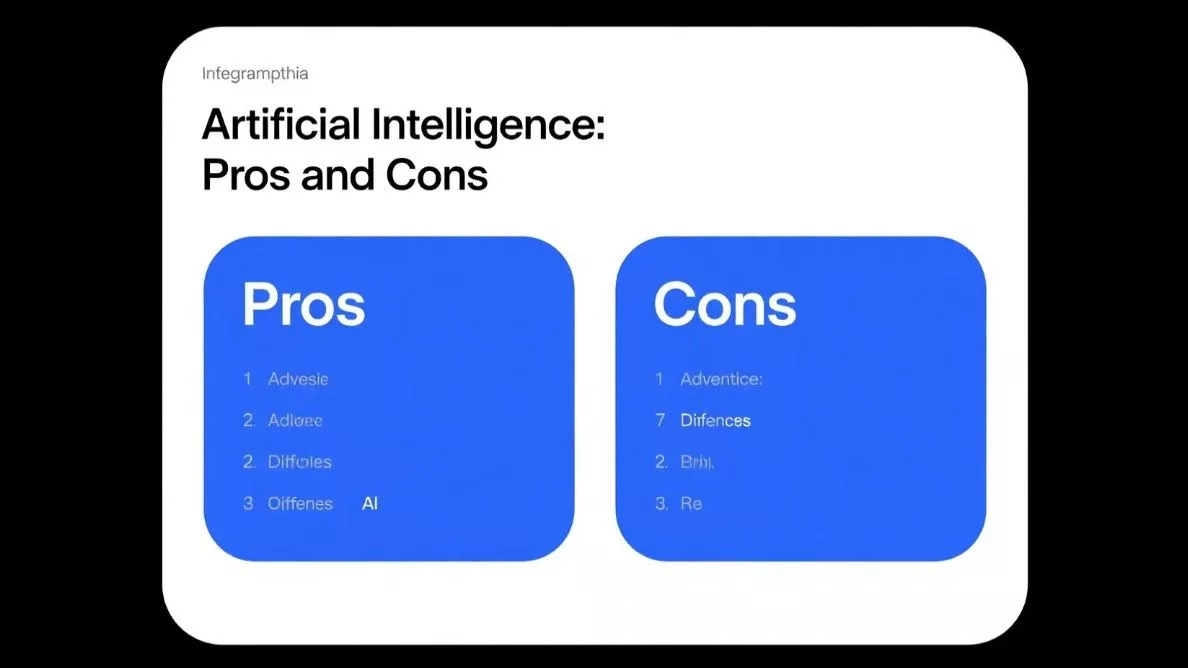Trong IELTS Speaking, mô tả cảm nhận về chính quyền địa phương là chủ đề nhạy cảm. Người dân quê tôi thường đánh giá cao sự minh bạch và nỗ lực cải thiện đời sống của chính quyền. Khám phá cách trả lời sắc sảo để ghi điểm tối đa.
Đọc thêm các bài luyện thi IELTS khác.
Đọc thêm câu hỏi khác tại: IELTS Speaking Part 1: Introduction and Interview chủ đề Your hometown.
Đọc thêm: IELTS Speaking: Are there any problems your hometown faces?
Câu trả lời cho IELTS Speaking: How do people in your hometown feel about their local government?
Ví dụ 1
Yes, my hometown does face several challenges, and one of the most noticeable is the decline in public green spaces. Over the years, urban development has led to the replacement of parks and open areas with high-rise buildings and commercial complexes. This has reduced opportunities for residents to relax, exercise, or enjoy outdoor activities. It’s particularly concerning for children and elderly people, who benefit greatly from having safe and accessible green spaces nearby.
Another issue is the high cost of living. With the city’s rapid economic growth, prices for housing, food, and basic services have increased significantly. Many low- and middle-income families struggle to keep up with these rising expenses. For example, renting a small apartment in the city center has become unaffordable for many, forcing them to move to the outskirts and spend more time commuting.
Pollution, especially noise pollution, is also a growing problem. As the city has become more urbanized, there’s been an increase in construction projects, traffic, and nightlife activities. The constant noise from these sources disrupts the daily lives of residents, particularly those who live near busy roads or entertainment districts. This has led to higher stress levels and even health problems for some.
Lastly, my hometown faces challenges related to waste disposal. While there are waste collection services, recycling is not widely practiced, and many people still dispose of garbage improperly. For instance, it’s common to see litter in public places or plastic waste clogging drainage systems, which can worsen flooding during the rainy season.
Despite these issues, I believe my hometown has great potential to improve. If the local government prioritizes better urban planning, invests in environmental protection, and educates the public on sustainable practices, I’m optimistic that these problems can be resolved in the future.
Ví dụ 2
In my hometown, people have mixed feelings about the local government. On the one hand, there is some level of appreciation for the initiatives and projects that have improved the community. For example, the local government has invested in building modern public facilities, such as libraries, sports centers, and healthcare clinics. These improvements have made daily life more convenient and accessible, which many residents value. Additionally, efforts to organize cultural festivals and events to promote local traditions have been well-received, especially by older generations.
On the other hand, there are also criticisms, particularly when it comes to addressing more pressing issues like traffic congestion, housing affordability, and environmental concerns. Many people feel that these problems have not been prioritized enough, and the measures taken so far seem temporary rather than offering long-term solutions. For instance, while new roads have been constructed to reduce traffic, the lack of proper public transportation planning continues to cause frustration for commuters.
Corruption and transparency are also common topics of discussion. Some people think that government funds are not always used efficiently, and there is skepticism about whether local officials are fully accountable. This sentiment, however, tends to depend on an individual’s level of engagement with politics—some care deeply about these issues, while others are indifferent.
Interestingly, younger people in my hometown seem more vocal about their dissatisfaction compared to older generations. They often use social media to express their opinions or advocate for change, which creates a sense of pressure on the local government to respond to public concerns. This generational divide in how people view and interact with the government is something I’ve noticed becoming more prominent in recent years.
In conclusion, people in my hometown respect the efforts made by the local government but remain critical of its shortcomings. There’s a sense of hope that, with better communication and accountability, the government can better meet the expectations of the community.
Ví dụ 3
In my hometown, people generally have mixed opinions about the local government. Some are satisfied with the government’s work, while others feel there is still much room for improvement.
To begin with, many residents appreciate the efforts of the local government in areas such as public infrastructure and social welfare programs. Over the years, they have focused on improving roads, schools, and healthcare facilities. For example, a new hospital was recently built, and it has significantly reduced the need for people to travel long distances for medical services. Additionally, the government has introduced initiatives to support farmers and small businesses, which has been a great help for the local economy.
That being said, there are also complaints, especially regarding issues like corruption and inefficiency. Some people feel that certain projects take too long to complete or exceed the budget unnecessarily. For instance, there was a road construction project that lasted for over two years and caused a lot of inconvenience. This left many residents frustrated and questioning the government’s management.
Environmental issues are another area where people expect more action. My hometown has been facing problems like air and water pollution, but many feel the local government’s response has been slow. While there are campaigns to plant trees or clean rivers, these efforts seem insufficient compared to the scale of the problem. People are eager for stricter regulations and enforcement to address these concerns.
Lastly, the younger generation in my hometown tends to be more critical of the government. They often voice their opinions on social media, pushing for greater transparency and modernization in policies. In contrast, older residents tend to be more patient or even supportive, as they have seen significant progress over the years and understand the challenges of governing.
In conclusion, the local government in my hometown receives both praise and criticism. While people recognize the positive changes brought about by their initiatives, there is also a strong desire for more efficient governance and better solutions to pressing issues. This combination of support and constructive feedback reflects a community that cares deeply about its future.
Ví dụ 4
In my hometown, people have diverse opinions about the local government, shaped by their experiences and expectations. Some are generally supportive, while others are more critical.
On the positive side, many residents acknowledge the efforts of the government in improving basic infrastructure. For example, they have built new roads, upgraded public transportation, and provided clean water to remote areas. These initiatives have made daily life more convenient and have been particularly appreciated by older residents, who value tangible improvements in their living conditions. Additionally, the government has supported cultural events and community programs, which have strengthened social bonds and preserved local traditions.
However, there are significant criticisms as well. One major issue is related to transparency and accountability. Many people feel that decisions about public projects or budget allocation are not always clear. There have been instances where citizens questioned whether funds were used effectively, leading to skepticism about the government’s integrity.
Another area of concern is environmental management. Despite some efforts, issues like illegal dumping, air pollution, and deforestation persist. For example, the government recently launched a recycling campaign, but it hasn’t been implemented consistently, leaving many people feeling that the actions taken are more symbolic than impactful.
Interestingly, younger generations tend to be more vocal in expressing dissatisfaction compared to older residents. They often criticize the government’s lack of innovation or failure to address modern issues such as job creation for young professionals. Social media has become a platform for them to voice these concerns, creating a space for open debate and, at times, sparking change.
Overall, I’d say the sentiment toward the local government in my hometown is a mix of respect for what has been achieved and hope for more effective and inclusive leadership in the future. People want the government to address challenges more proactively while maintaining the progress they have already made.















